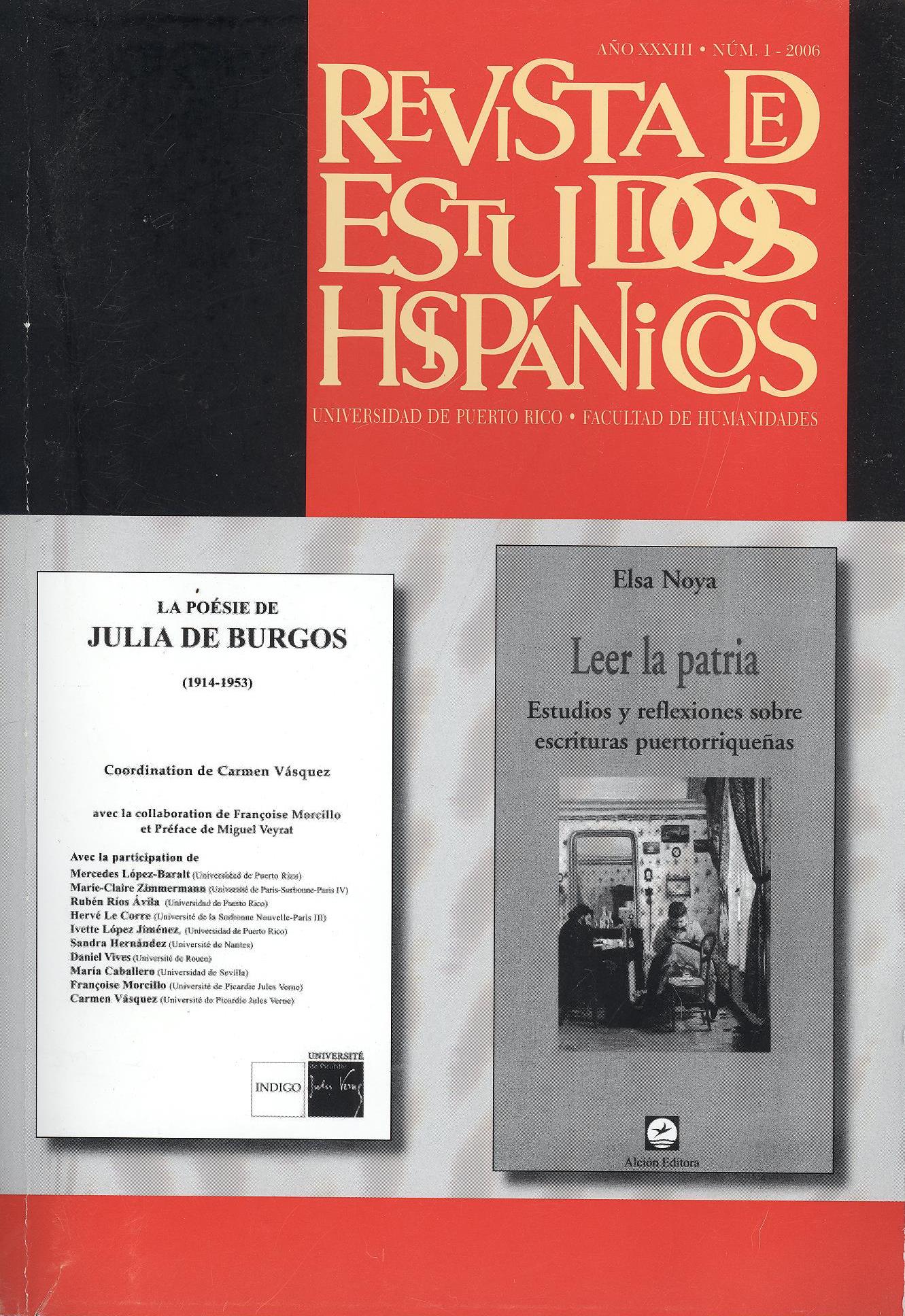Abstract
A link is established between Eugenio María de Hostos's assimilation of the European literary tradition and the author's sociopolitical preoccupations. Despite Hostos's rejection of the novel as a genre, La peregrinación de Bayoán engages in an intertextual dialogue, regarding its diary or epistolary form, with European novels such as The Sorrows of Young Werther by Johann Wolfgang von Goethe or Ugo Foscolo's Ultime Lettere di Jacopo Ortis.This work is licensed under a Creative Commons Attribution-NonCommercial 4.0 International License.
Downloads
Download data is not yet available.

